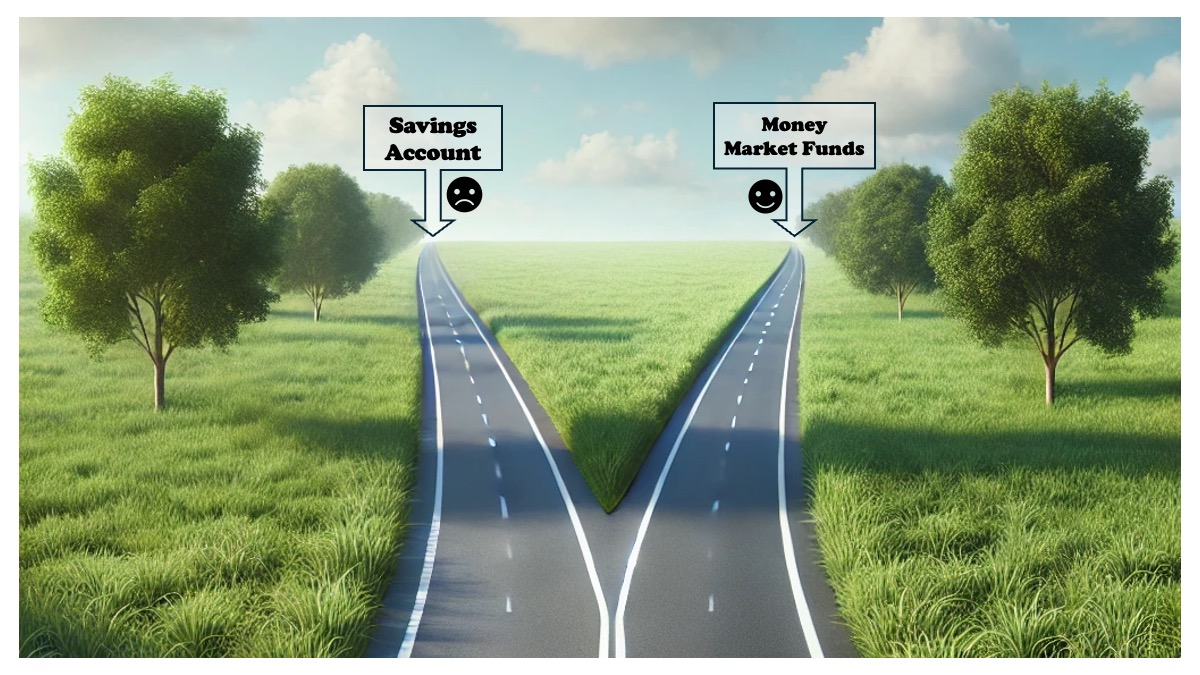Introduction: Choosing the Right Financial Tool
For Nigerian investors, deciding between money market funds (MMFs) and savings accounts can be a daunting task. Both options offer security and liquidity, but they differ in returns, risk, and accessibility. Understanding these differences is key to making an informed choice that aligns with your financial goals. This article explores the pros and cons of MMFs and savings accounts, helping you decide which option works best for you.
Understanding Money Market Funds and Savings Accounts
What Are Money Market Funds?
Money market funds are a type of mutual fund that invests in short-term, low-risk financial instruments such as treasury bills, certificates of deposit, and commercial papers. They are managed by professionals and designed to provide higher returns than traditional savings options while preserving capital.
What Are Savings Accounts?
Savings accounts are bank accounts designed for storing money securely while earning interest. They are widely accessible and offer immediate liquidity, making them a popular choice for everyday financial needs.
Key Comparisons: MMFs vs. Savings Accounts
1. Returns
- Money Market Funds: MMFs typically offer higher returns than savings accounts. For instance, an MMF might yield 8-10% annually, compared to a savings account’s 1-5% interest rate.
- Savings Accounts: While stable, savings accounts generally provide lower interest rates, often below inflation, eroding the real value of money over time.
2. Risk
- Money Market Funds: MMFs carry minimal risk but are not entirely risk-free. They depend on the performance of underlying assets like treasury bills.
- Savings Accounts: Savings accounts are considered extremely low-risk as they are insured by regulatory bodies like the Nigeria Deposit Insurance Corporation (NDIC).
3. Liquidity
- Money Market Funds: MMFs are highly liquid but may require 24-48 hours for withdrawals to process.
- Savings Accounts: Funds in savings accounts are immediately accessible, making them ideal for emergency needs.
4. Accessibility
- Money Market Funds: MMFs often require a minimum investment of ₦10,000-₦50,000, which might be a barrier for some.
- Savings Accounts: Savings accounts can be opened with as little as ₦1000, making them more accessible to a broader audience.
5. Management
- Money Market Funds: Professionally managed by financial experts who optimize returns.
- Savings Accounts: Managed by banks, with no active involvement required from account holders.
Pros and Cons of Money Market Funds
Pros
- Higher returns compared to savings accounts.
- Low-risk investment option.
- Diversification through multiple short-term instruments.
- Professional management ensures optimized returns.
Cons
- Requires a minimum initial investment.
- Withdrawal processing time can be slower than savings accounts.
- Returns are not guaranteed.
Pros and Cons of Savings Accounts
Pros
- Immediate access to funds.
- Extremely low risk.
- No minimum balance requirements in many cases.
- Ideal for short-term financial needs and emergencies.
Cons
- Low interest rates, often below inflation.
- Limited growth potential compared to MMFs.
When to Choose Money Market Funds
- You are seeking higher returns than savings accounts.
- You have idle funds that you won’t need immediately.
- You are comfortable with minimal risk.
- You want professional management of your investments.
When to Choose Savings Accounts
- You prioritize immediate access to your money.
- You prefer zero risk.
- You are looking to save for short-term goals like monthly expenses or an emergency fund.
- You have a low initial capital to start.
Combining Both for Maximum Benefits
Smart financial planning often involves using both MMFs and savings accounts. For instance:
- Emergency Fund: Keep 3-6 months of living expenses in a savings account for quick access.
- Idle Funds: Invest surplus money in an MMF to earn higher returns while maintaining liquidity.
Real-Life Example: Finding the Right Balance
Tunde, a software engineer in Lagos, allocated ₦500,000 to a savings account for emergencies and invested another ₦1,000,000 in an MMF. While his savings account provided peace of mind for urgent needs, the MMF earned him a return of 9% over the year, significantly boosting his wealth.
Conclusion: Making the Right Choice
Both money market funds and savings accounts have their place in a well-rounded financial plan. By understanding your financial goals, risk tolerance, and liquidity needs, you can decide which option—or combination of both—suits you best.
For Nigerian investors seeking safety, liquidity, and better returns, MMFs often outperform savings accounts. However, the choice ultimately depends on your specific circumstances and financial priorities. Start today and make your money work smarter for you.
